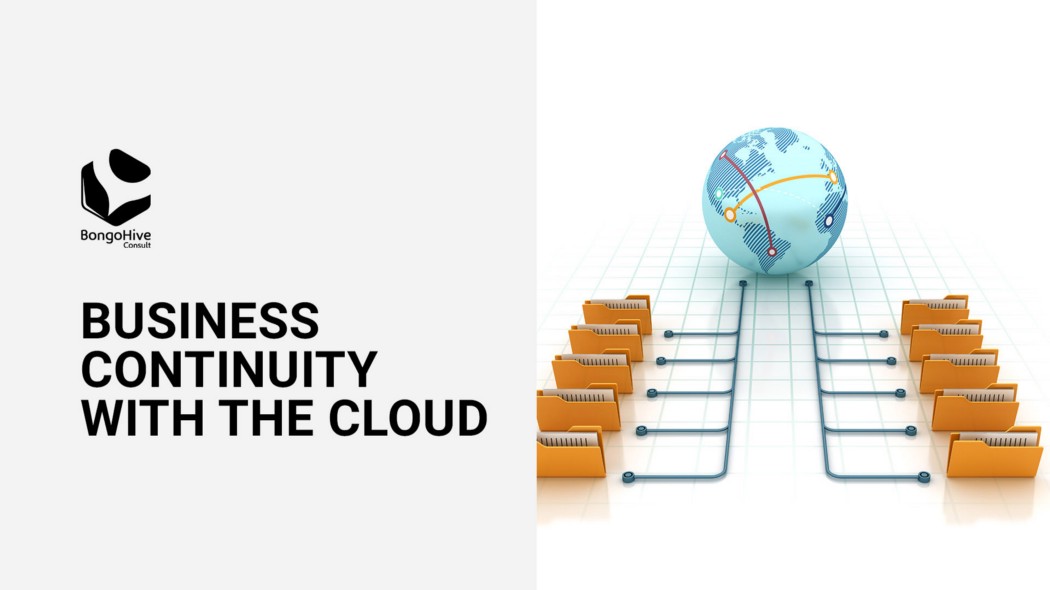
Cloud computing has emerged as an essential technology during the pandemic, especially for businesses that are working remotely. The need for remote work has surged in 2020 and many organisations have seen the value for cloud computing as a technology to provide a solution for content management, even beyond the pandemic. Organisations who have already invested in a cloud management platform are ahead of the digital curve, making their business continuity plans easy to implement.
What is Cloud Computing?
Microsoft Azure, a cloud service provider explains cloud computing as the delivery of computing services such as data storage, servers, databases, networking, software, analytics, and intelligence over the internet.
Rather than keeping your files on a hard drive or local storage device, cloud storage enables your organisations to save files on remote databases.
It is called cloud computing because the information that is stored either by the public, private or hybrid cloud is stored in a remote server which you can access on demand.
Cloud service providers allow you to store and access information from remote servers, you do not have to be at a physical space to access or manage your data.
Why should you migrate your business to the cloud?
If you are an organisation that wants an agile digital transformation, moving your operations to the cloud should be a priority. Here are some of the reasons why you need to migrate to the cloud:
Data backup and recovery
Having securely backed up data is one of the major benefits of cloud computing. Information that is stored on the cloud is backed up frequently, saving your business from loss of data which can be caused by a mechanical malfunction or physical damage. In the case of data, you can retrieve it effortlessly from the cloud, minimizing downtime and loss of productivity.
Cloud service providers split the encrypted data into fragments and then distribute them across various servers. This way, even if your data is stolen by a cybercriminal from one location, it would be incomplete.
Storing your data also allows you to access your files anywhere, anytime, as long as you are connected to the internet. You can rest assured that the data will be there when you need it.
It is, therefore, imperative for every business, no matter the size to have some form of data backup.
Reduced IT Costs
Moving to the cloud saves your business the costs of setting up an IT infrastructure. You can simply use the resources in the cloud that handles the setup and security of your data. You don’t need to worry about purchasing new hardware to replace the outdated one or hiring staff to maintain and manage your IT systems.
Cloud-based systems help your business to save money and time so that you focus on your core business goals.
Efficient collaboration
Collaboration in a cloud environment makes it easier for your team to communicate and share data outside the traditional environment. Cloud computing provides real-time collaboration, enabling your team to work on projects simultaneously across different locations.
Employees working from home, in the field, at the office or in another country can be connected and work together in your ‘virtual office’.
Scalability.
With cloud storage, you can increase or decrease your storage depending on your needs. This means that you can plan for your organisation’s fluctuating bandwidth demands by scaling up or down cloud resources at any time.
Google Cloud has software that automatically grows or shrinks your consumption based on metrics that you provide but you still only pay for what you are using.
How secure is the cloud?
Data stored in the cloud is generally safe, it is safer than the information that is stored on your computer’s hard drive. Hackers can easily compromise the data on your computer through malware and phishing emails. Large cloud service providers have undertaken robust security measures that are way more powerful than the ones you can have on your computer or any other electronic device.
The data on cloud systems is encrypted with a unique and unpredictable encryption key. The encryption is done using complex algorithms and hackers would need to put in a huge amount of work to decrypt your data.
Cloud service providers like Amazon Web Services offers its clients the option of managing their encryption keys.
Cloud computing has helped us to focus on designing and building reliable applications for our clients without being overly concerned about the infrastructure that underpins it.
Silumesii Maboshe, Director- BongoHive Consult.
As part of your business continuity plans, especially during this pandemic, consider investing in cloud services for an efficient and productive workforce. The initial costs involved in migrating to the cloud may be a discouraging factor but you can’t miss the benefits that cloud computing provides once the migration is complete.
Do you need assistance in migrating to the cloud and choosing the right cloud service for your business? You can talk to us!
 BongoHive
BongoHive